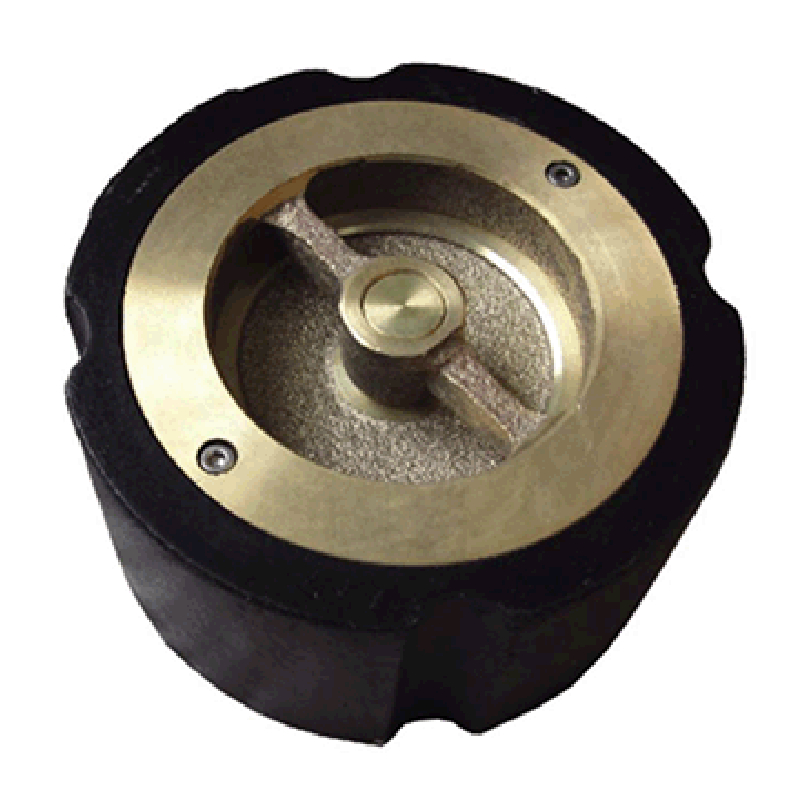ഡിസം . 05, 2024 15:28 Back to list
resilient gate valve
Understanding Resilient Gate Valves A Comprehensive Overview
Resilient gate valves are crucial components in various fluid control systems, particularly in municipal water supply and wastewater management. These valves are designed to provide a reliable means of isolating flow in pipelines while ensuring minimal resistance and maximum performance. In this article, we will explore the structure, functionality, advantages, and applications of resilient gate valves, shedding light on why they are favored in many industries.
Structure of Resilient Gate Valves
A resilient gate valve typically consists of several key components the valve body, gate, seat, stem, and actuating mechanism. The valve body is usually made from cast iron or ductile iron, providing strength and durability. The gate, which is the movable part that opens or closes the valve, is usually made of metal and is designed to be flat to provide a seamless flow when fully opened.
What distinguishes resilient gate valves from traditional gate valves is the use of a resilient material, such as rubber or elastomer, incorporated into the seating surface. This resilient seat provides an effective seal, preventing leaks when the valve is closed. The stem, which connects the opening mechanism to the gate, allows for easy operation and is generally equipped with a handwheel or an actuator for remote operation.
Functionality
Resilient gate valves operate on a simple principle the gate moves vertically to either allow or block the flow of fluid through the pipeline. When the valve is fully open, the gate is retracted into the valve body, allowing unrestricted flow. Conversely, when the valve is closed, the gate is pushed down into the seat, creating a tight seal against the resilient material. This design not only minimizes pressure drop across the valve but also provides excellent shut-off capabilities.
The smooth operation of resilient gate valves is further enhanced by their design, which reduces friction between the gate and the seat
. This feature is particularly important in applications where frequent operation is required, as it extends the lifespan of both the valve and the sealing surfaces.Advantages of Resilient Gate Valves
Several key advantages make resilient gate valves highly sought after in various industries
resilient gate valve

1. Leak Prevention The resilient seat material significantly reduces the risk of leaks compared to traditional metal-to-metal seating designs, enhancing reliability in critical applications.
2. Low Operating Torque The smooth and streamlined design reduces the torque required to operate the valve, making it easier to open and close, even in larger sizes.
3. Corrosion Resistance The use of high-quality materials in the construction of resilient gate valves offers increased resistance to corrosion, particularly in aggressive environments, thereby prolonging service life.
4. Versatility Resilient gate valves can be used in a wide range of applications, including potable water supply, sewage, irrigation systems, and industrial processes, making them versatile choices for engineers and maintenance personnel.
5. Ease of Maintenance The simple design and robust construction of these valves facilitate straightforward maintenance, ensuring that they can be serviced without extensive downtime.
Applications
Resilient gate valves are widely utilized in water distribution networks, sewage treatment plants, irrigation systems, and fire protection systems. They are also employed in industrial applications where fluid isolation is necessary, such as in chemical processing and food manufacturing.
In addition to their functional benefits, resilient gate valves contribute to improved system efficiency and reliability, making them an integral part of modern fluid management systems.
Conclusion
In conclusion, resilient gate valves play a vital role in fluid control systems across numerous sectors. Their innovative design, coupled with their functional advantages such as leak prevention and ease of maintenance, underscores their importance in maintaining the integrity and efficiency of water and wastewater infrastructure. As industries continue to evolve, resilient gate valves will remain a staple in ensuring the smooth operation of vital systems around the globe.
Share
-
Reliable Wafer Type Butterfly Valves for Every IndustryNewsJul.25,2025
-
Reliable Flow Control Begins with the Right Ball Check ValveNewsJul.25,2025
-
Precision Flow Control Starts with Quality ValvesNewsJul.25,2025
-
Industrial Flow Control ReliabilityNewsJul.25,2025
-
Engineered for Efficiency Gate Valves That Power Industrial PerformanceNewsJul.25,2025
-
Empowering Infrastructure Through Quality ManufacturingNewsJul.25,2025